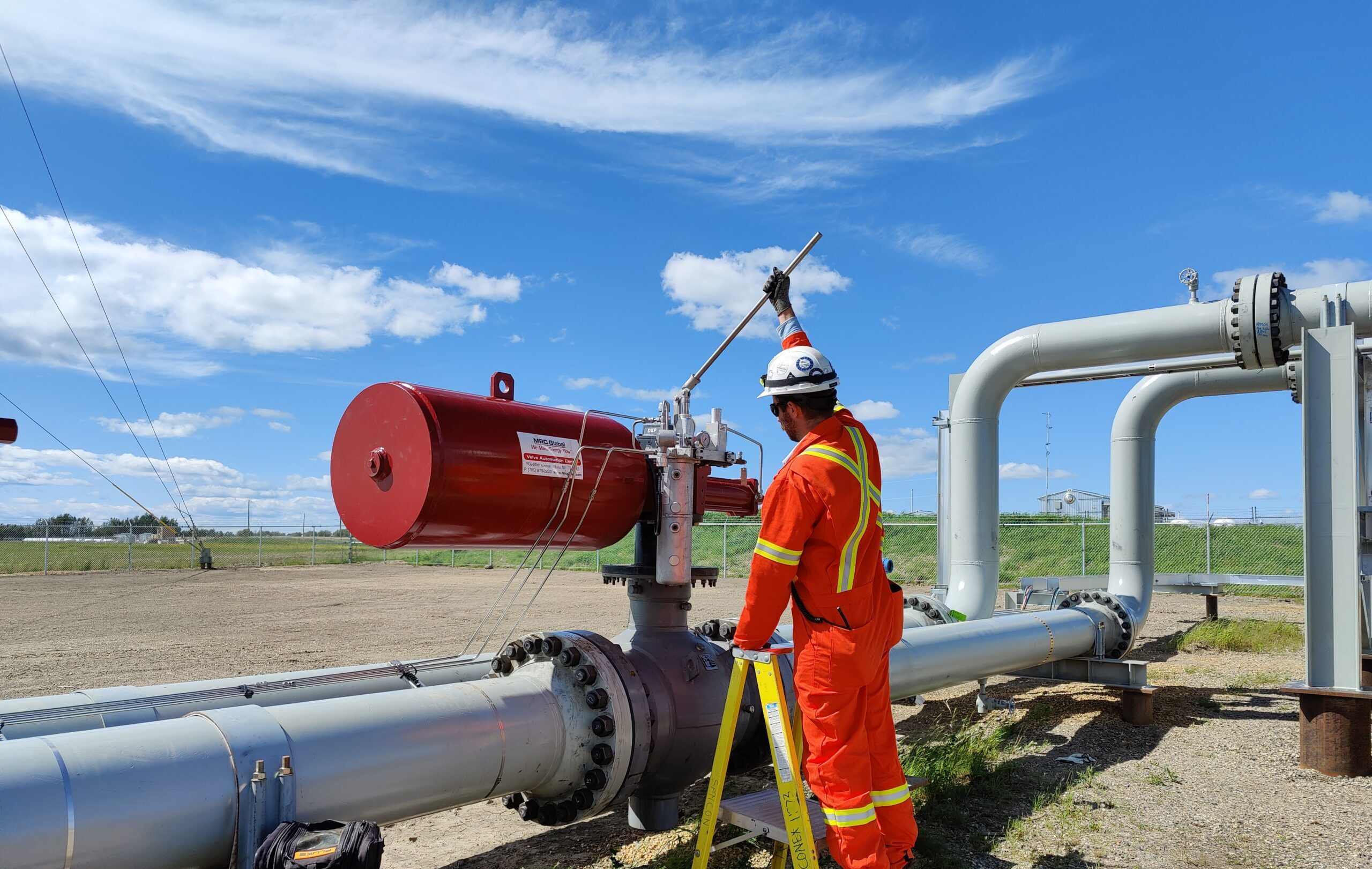“Why can’t the construction team do the commissioning?” is a question that frequently arises in project management. This might be reasonable for smaller projects with operations support, but assigning a seasoned team to handle commissioning for large capital projects makes sense.
Functions and Accountabilities of Commissioning
Commissioning, a sequence of dynamic tests and inspections, guarantees that installations are operationally sound and satisfy acceptable standards. Delivering a functional, safe asset that satisfies design performance standards to the operating authority is the main goal. During commissioning, safety is of the utmost importance. To reduce potential hazards, the commissioning management team must plan and execute with great care.
In order to ensure a seamless handover, the commissioning team is essential in setting schedules, prioritizing systems, and directing construction. Cooperation with the construction team is crucial to prioritizing systems such as Quarters Habitable (QH) and Certificate of Inspection (COI).
Furthermore, the commissioning team helps regulatory bodies like the ABS and USCG prove and verify compliance. Systems are validated as “ready for operations,” guaranteeing preparedness for seamless functionality.
The function of commissioning lies in the space between construction and operations, with these two areas serving as its interfaces. Commissioning has the role of:
- Accepting the mechanical completion of the systems from construction is the first handover, and it is certified by a mechanical completion certificate (MCC).
- Commissioning will naturally have quality control as a result of this handover because they would not want to accept anything they could not commission.
- Transferring via a System Handover Certificate (SHC) the knowledge that the systems are prepared for startup (RFSU) to Operations.
System for Commissioning Management (CCMS)
Commissioning teams use a Completions or Commissioning Management System (CCMS) as to ensure that systems are certified and ready. This software facilitates a smooth transition from mechanical completion to operational readiness by managing punch lists, dynamic commissioning activities, and pre-commissioning of instruments. Through precise tracking of system status and the identification of unfinished work, the CMS facilitates effective resource mobilization to ensure that projects are completed on time.
A primary duty of the commissioning team is also supervising the transfer of construction to operations. This calls for a methodical and consistent approach to guarantee the secure transfer of systems. The issuing of two certificates, MCC (from construction to commissioning) and SHC (from commissioning to operations), facilitates the clear identification of handover items. The CCMS database keeps careful track of these procedures, guaranteeing accountability and openness during the handover process.
Commissioning vs Construction—During Construction
At this critical project stage, commissioning guarantees that systems are constructed following the design intent and operate without issue. It entails extensive processes for quality assurance and control, with an emphasis on tightness, functionality, and cleanliness. Reverse-engineering start-up plan timelines, the commissioning team strategically plans the order of system completion, frequently starting early to enable a logical pathway to Ready For Start-Up (RFSU) status.
Commissioning staff work closely with construction workers to detect and address possible problems early on by utilizing their knowledge of system operation and equipment performance. Prior to equipment leaving the yard, Factory Acceptance Testing (FAT) is an important checkpoint. Commissioning crews inspect equipment differently from construction teams, so they are looking for different flaws.
Compared to normal construction site procedures, commissioning personnel may have a different understanding of safety procedures and the nuances of working with live equipment. Construction teams are skilled in installation and material handling, but commissioning engineers contribute knowledge of process system startup and operation. They place a high priority on commissionability, maintenance, and system operability to guarantee that the finished construction works as planned. Commissioning teams develop ways to commission systems before start-up, filling in any gaps in design with preservation fluids or other stand-ins.
Conclusion
Ultimately, commissioning is essential to any project’s success as it fills the gap between construction and operational readiness. Sancon Commissioning is an expert at carefully supervising this crucial stage, guaranteeing that systems are constructed and engineered to function. Our expertise in quality assurance, safety protocols, and system functionality ensures a smooth start-up process. Reach out to Sancon Commissioning if you are prepared to advance your project, let’s collaborate to make it successful. Sancon Commissioning gives your project the best possible outcome because it deserves nothing less.
